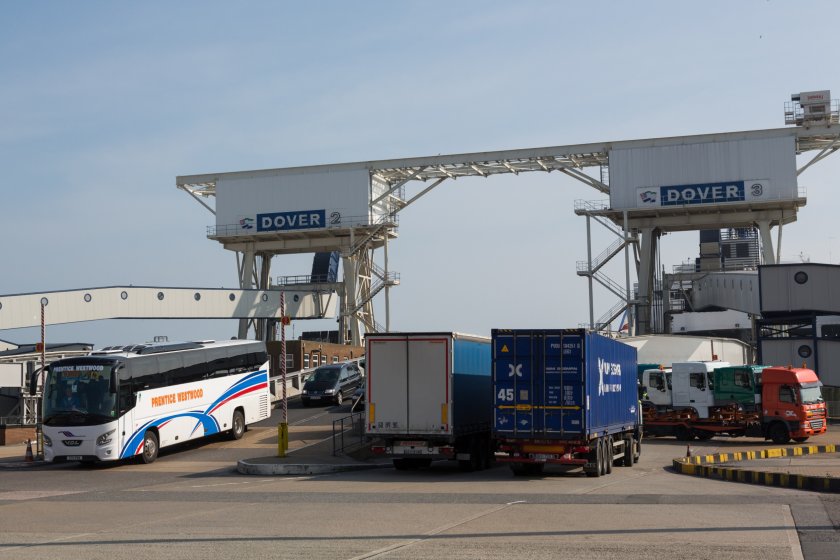
Fresh produce leaders have slammed the government’s repeated U-turns on post-Brexit border checks, warning that millions of pounds have been wasted alongside ongoing uncertainty.
The Fresh Produce Consortium (FPC) is urgently calling for a timetable for the new sanitary and phytosanitary (SPS) agreement, including details on when it will be finalised and enforced.
The body also demands that the 1 July 2025 deadline for implementing the Border Target Operating Model (BTOM) - the government's plans for importing goods into Britain - for EU fruit and veg be extended until the agreement is in place.
Alongside this, the government should avoid "unnecessary" border controls on non-EU fresh produce by adopting long-term exemptions from dynamic alignment, preventing "inappropriate" SPS checks or EU standards on UK-only goods.
Nigel Jenney, chief executive of the FPC said: “The industry cannot prepare because it doesn’t have adequate information on time and has no confidence in the UK government because they say one thing and do another.
“We’ve already, as an industry, shown commitment. We have invested huge amounts of money, millions of pounds, in building infrastructure in good faith at our own cost to allow goods to be inspected
"These are now largely underutilised due to a deliberate failure to provide enough official inspectors. Without urgent action, these sites will become white elephants.”
His comments follow the government’s last-minute decision to once again delay the introduction of sanitary and phytosanitary (SPS) checks on food and plant imports from the EU – the fifth such postponement since Brexit.
Businesses that had taken the government at its word and invested in readiness are now facing "financial turmoil".
Among them is PML Seafrigo, which spent more than £7m on a new customs facility in Kent to process perishable goods. That investment may now go to waste.
“With what the government has just done, the writing is on the wall,” said Mike Parr, chief executive of PML Seafrigo, which manages cold supply chains for perishable imports.
“We spent all that money training our guys in the process, and it’s going to be of no use now.”
Karen Betts, chief executive of the Food and Drink Federation, echoed industry-wide concern, highlighting that the EU remains the UK’s largest export market for food and drink.
“Our manufacturers need stability and a functioning trade system, not policy lurches,” she said.
Just weeks before the government’s latest reversal, Defra had indicated that an authorised operator scheme would launch imminently – prompting a fresh wave of costly preparations.
For citrus fruit importers reliant on predictable regulatory requirements, the confusion has been especially damaging.
The broader economic toll is also becoming clear: a study by the Centre for Inclusive Trade Policy found that UK food and drink exports to the EU have dropped by 16% since Brexit, citing regulatory uncertainty and customs red tape.
Now, the FPC and port authorities are calling for compensation: the British Ports Association reports that over £120m has been spent by ports in preparation for post-Brexit checks – including £23m at Portsmouth International Port alone.
“These facilities were built in good faith, under clear government direction,” concluded Mr Jenney.
“If they’re now surplus to requirements, the government must do the right thing and reimburse those who acted responsibly.”
